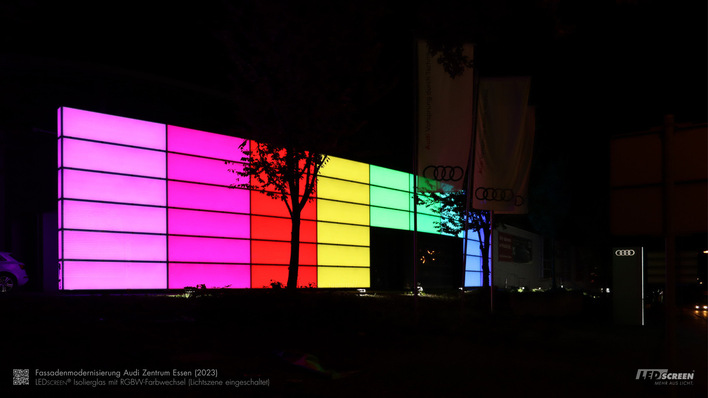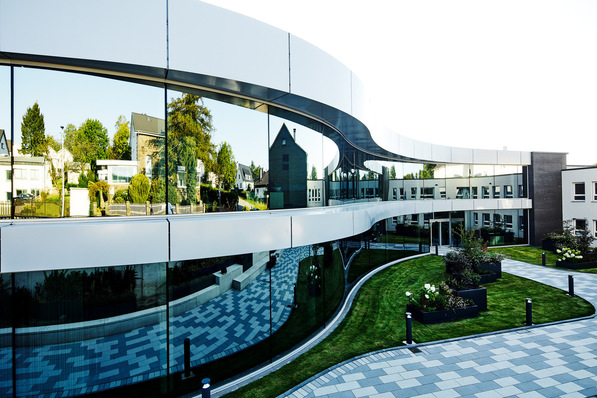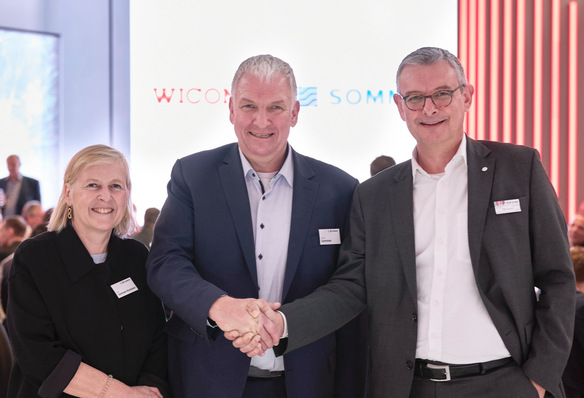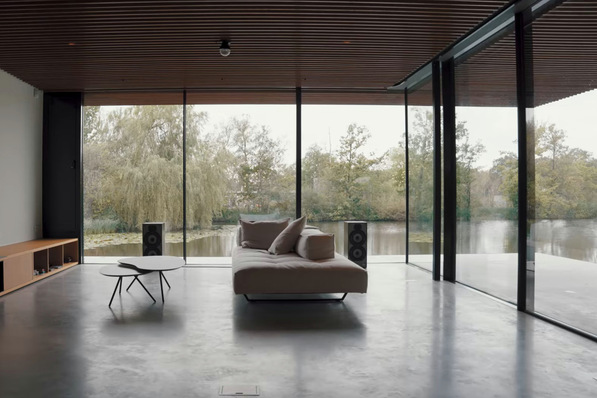As part of a panel discussion at the Rosenheim Window and Facade Comference, Joachim Oberrauch, President of the Board of Directors of the window manufacturer Finstral from South Tyrol, called on the industry to consistently focus on quality. In the following interview, he explains his central arguments to us.
GW-News: Mr Oberrauch, as one of Europe's leading window manufacturers, what is your position on the EU's Green Deal?
Joachim Oberrauch: It is like a gift to our industry. The world is developing enormously, but the construction industry is sluggish. That's why the Green Deal is a welcome and probably also necessary impulse for change. After all, windows are not the problem, but part of the solution. We still have about only 1% renovation rate in Europe. The EU's goal is to double or even triple this to 3 %. Achieving this will require enormous efforts: That is why everything that is being done in this direction is to be welcomed.
GW-News: But measures - such as binding minimum energy classes for buildings - should be viewed critically, shouldn't they?
Not at all. In the case of cars, it is perfectly common that they may only be operated safely and in accordance with emissions. In this sense, a TÜV for buildings is overdue. Our industry has been calling for more modernisation for years. That is why we are now particularly challenged to show how this can be achieved.
GW-News: In view of rising costs everywhere and the shortage of skilled workers, this is not so easy. Serial refurbishment alone will not solve the problem...
Serial renovation is a very good approach, but only for a small part of the renovation needs. Fortunately, our industry has long been offering tried-and-tested, innovative replacement procedures that reduce the effort many times over. I'm thinking of the minimally invasive over- and slide-in installation methods that do not require dirt, noise, scaffolding or the removal of users. And in new buildings, it's the two-stage installation with frame. In this way we create a process-safe interface for windows in every building and ensure that in 30-40 years we will not be faced with the replacement problem of today. I would like to see our industry pursue these issues much more aggressively - outdated, costly installation processes have still been the order of the day for decades.
GW-News: What are your arguments in terms of sustainability?
Uncomplicated window replacement and two-stage installation are definitely the most important contribution we can make to reducing the ecological footprint. Modern windows can save significantly more CO2 during their useful life than their production causes. So every additional modern window increases the climate-positive effect. Compared to other measures of energy-efficient renovation, modern windows also score with a lot of benefit with very little material input. With a construction depth of 7-8 cm, our product achieves much more for buildings than walls that are almost half a metre thick. And this with a component that only accounts for 2-3 % of the building material volume.
GW-News: That's an interesting way of looking at it. Nevertheless, reducing the environmental impact of product and production is an important issue in the industry. Where does Finstral stand on this?
In terms of product, we have little room for manoeuvre for CO2 neutrality. As a manufacturer, we buy CO2 in the form of materials. The glass has the biggest impact, but the frame materials have little impact. That's why the ongoing discussion about the ecological advantages between frame materials also alienates me: the differences are really marginal.
In the processes, on the other hand, a lot can be saved. In the last 10 years we have already reduced our emissions by 77 %. We want to be at zero by 2030.
GW-News: Which end-customer argument should now come to the fore?
The focus should be on the fact that windows are not an everyday product. That's why we have to make our product important: Every window replacement saves CO2 and, at the same time, upgrades the building through more security, comfort and well-being. And it also becomes more beautiful. That's why it's worthwhile to bring windows up to date as soon as possible.
GW-News: Do climate changes have an impact on the way products are built?
The topic of value-preserving or value-increasing measures and service outputs is becoming more important. And this brings us back to the crucial point: we can only achieve this with high quality. In the materials, in the workmanship and in the beauty. Because nothing is more sustainable than enjoying our windows for longer. We have to push for this. Because windows are not a commodity. We must do everything we can to make the value of windows better known.
The interview was conducted by Daniel Mund, editor-in-chief of GLASWELT.














